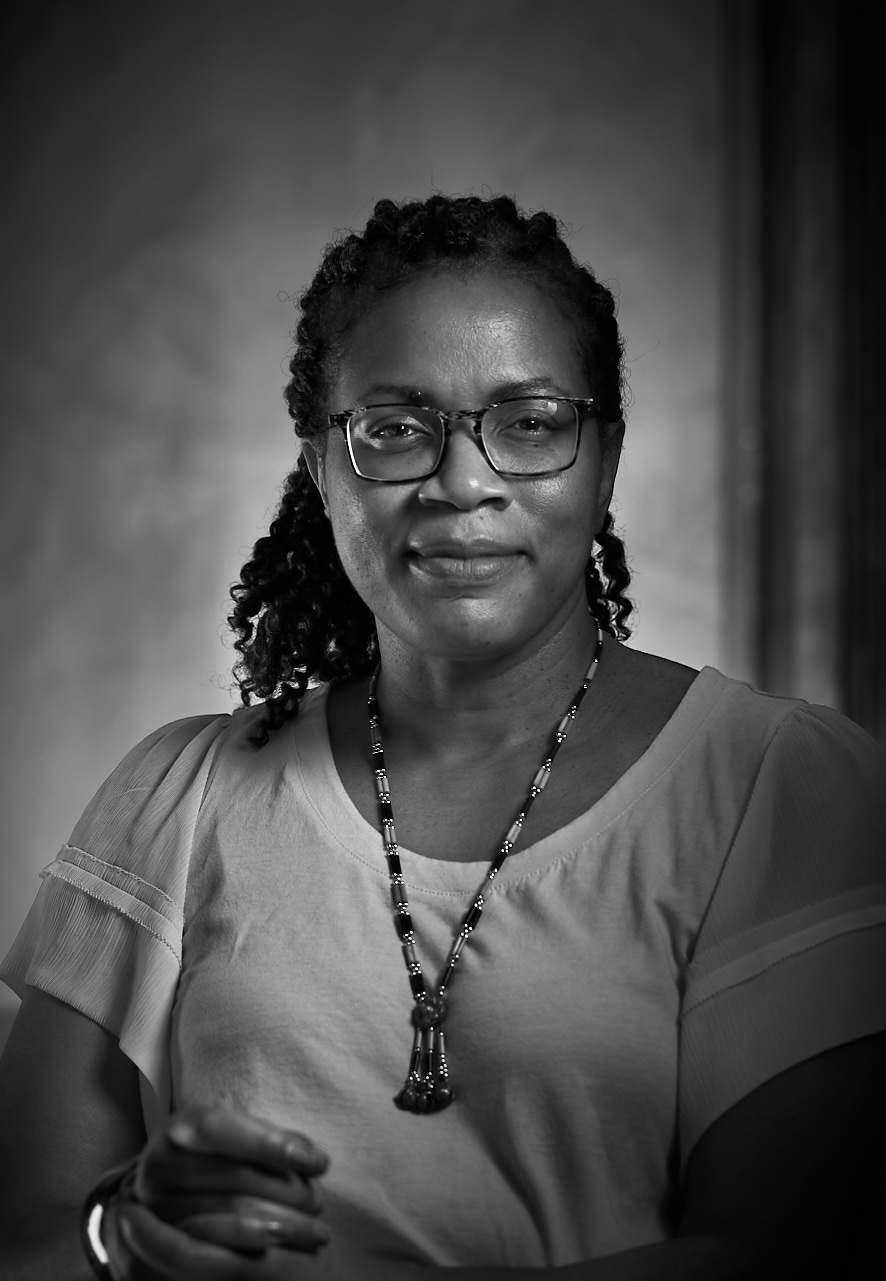Blog, Financial Advice
The Cost Of Love
Financial Considerations You Need to Think About as You Begin and End a Relationship.
PART ONE
In honour of February being the month of love, I am launching a 3-part series supporting making love last beyond Valentine’s Day. As money is a common reason why happy couples decide to separate, I want to encourage more positive money conversations as individuals begin, commit to and leave a relationship. At the end of the day, positive money dialogue can often lead to more satisfying relationships. Even if the relationship doesn’t last- it can potentially reduce money conflicts as couples negotiate how they will divide assets they built during the relationship. This is a good thing for love, for families and the court process. Read on for a checklist on the money conversations you need to have during the dating and cohabitation phase of the relationship.
During the Dating Process: Money Conversation 1) Who Pays for the dates in 2022?
Answer: Typically, the expectation is if you are the person who invited someone on a date, you will pay for the date and vice versa. Often first dates are not expected to be fine dining experiences or luxury events, more of an opportunity to get to know your date in a relatively quiet place where a drink or meal is not going to break the bank. Coffee dates are a popular choice where prospective couples can learn about each other without a significant financial or time commitment. If the date doesn’t work out, you can finish a coffee in either 20-30 minutes. Or linger for hours at a relatively low price point, so the invitee does not feel obliged to hang out if they don’t feel any sparks, and neither does the asker. Keep in mind those early days of dating are about getting to know the person. So if you are invited to a lavish date, and you realize there are no sparks, you may want to split the bill when the bill comes. Preventing any hard feelings if you’re the object of someone else’s affection.
Money Conversation2: How Long should one person be expected to pay for dates?
Answer: There seems to be an unwritten rule at the third date. At that point, you both should have a sense of whether the relationship has legs. Suppose you are the person being asked on a date. In that case, you may think your partner’s willingness to pay over the last three dates indicated their level of interest in you. Social attitudes and gender expectations towards how long one person should pay for a date have been around for many years. At the same time, consider what you know about your prospective mate’s financial circumstances. For example, do they seem financially secure based on what they have told you about their career or financial position? Have you offered to split the tab for the meal by the third date? How did they react? Gauging your prospective partner’s responses around who should pay for the date can be a starting point for getting a sense of how you will handle money conversations as a couple should the relationship last.
Money Conversation 3? How should expenses as a couple be divided after a relationship has been established?
Answer: Two critical factors to consider here: The first is who earns the higher income and who has more disposable income after expenses. Keep in mind that the person who makes the higher income does not necessarily have more disposable income after expenses. They may have child support, spousal support and carry high-interest debt. They may also lack financial knowledge, preventing them from adequately tackling these issues. On the other hand, the lower-income earner could own a home with no mortgage, have rental income, and have no personal debt, leading to a much higher disposable income. Assuming the higher income earner has significantly higher, and disposable income, a good rule of thumb is to divide the higher income earners’ salary into the lower incomes salary to determine the percentage each should pay on joint expenses such as a vacation.
Money Conversation 4. How soon should I start having Money Conversations in the relationship?
Answer: The sooner, the better. As the relationship develops, there will be more and more opportunities to talk about money. Also, gauge your partner’s comfort level when openly discussing money. Are they cagey when it comes to having money conversations, or are they open? What have you learned about their childhood, financial position, and attitudes toward money as the getting to know you process unfolds? Are they a spender or saver? Do you share similar money values? Remember opposing money values often lead to more conflicts in a long-term relationship, even if everything feels lovey-dovey initially.
Money Conversation 5: How do I breech this conversation when I don’t feel comfortable?
Answer: The reality is talking about money can be challenging, but it is a skill that is worth mastering when there is so much at stake. Take small steps by having a money conversation with yourself and inviting your partner to learn more about how you deal with your money. Be prepared to have a vulnerable conversation where you disclose small financial details about yourself. You can talk about how you created a budget after realizing you did not earn enough for your wants. Or not that you recently started to invest in your RSP after spending years worrying about your retirement. Reach out to a certified financial planner if you need help creating a money conversation with yourself.
As a financial expert, a CFP can help you understand your financial situation. We can identify economic opportunities to reach goals you might not identify on your own. If you want to get started with a financial plan, book your complimentary 30-minute financial planning session with our team! We are here to help you on your financial journey as you build your financial fortune. www.askjackie.ca/contact-us

